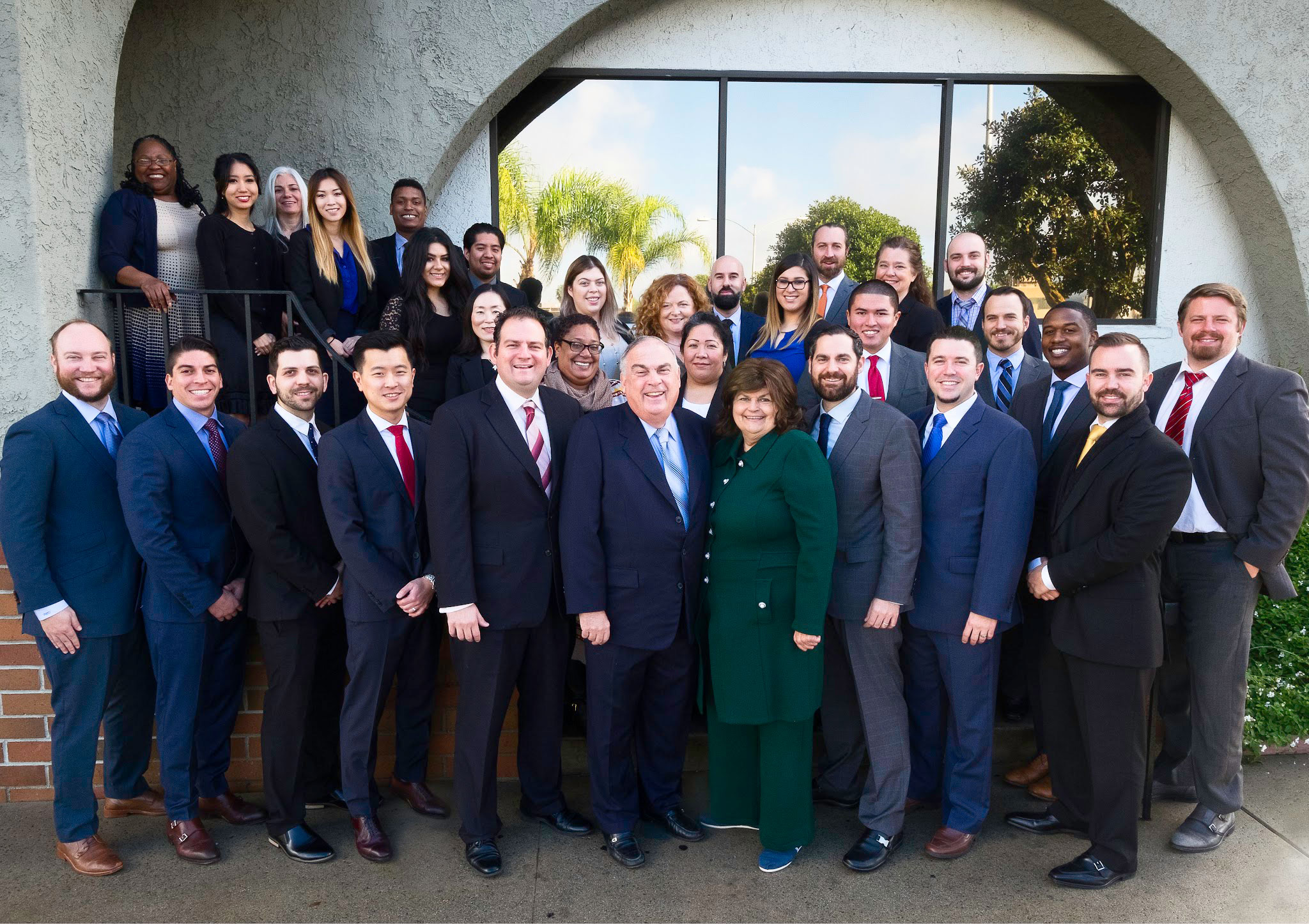For taxpayers facing difficulties in meeting their tax obligations, negotiating a collection agreement with the Internal Revenue Service (IRS) can provide much-needed relief. However, understanding the timeline involved in entering into such agreements is crucial for effective financial planning. From initial contact with the IRS to the finalization of a collection agreement, various factors can influence the duration of the process. In this article, we’ll delve into the timeline of getting into an IRS collection agreement and provide insights into what taxpayers can expect along the way.
Initial Contact and Assessment
The journey toward a collection agreement typically begins when taxpayers contact the IRS to discuss their financial situation. This initial contact can occur through various channels, including phone calls, online portals, or in-person visits to IRS offices. During this stage, taxpayers may provide financial information to the IRS, such as income, expenses, and assets.
The IRS will assess the taxpayer’s financial situation to determine their eligibility for different collection options, such as installment agreements, offers in compromise, or Currently Not Collectible status. The length of time for this assessment can vary depending on the complexity of the taxpayer’s financial circumstances and the workload of the IRS.
Submitting Required Documentation
Once the IRS evaluates the taxpayer’s financial information, they may request additional documentation to support the taxpayer’s claims. This documentation may include bank statements, pay stubs, tax returns, and other financial records. Timely submission of these documents is crucial for expediting the process of reaching a collection agreement.
Taxpayers should be prepared to gather and submit all requested documentation promptly to avoid delays in the assessment process. Failure to provide the required documentation may prolong the timeline for entering into a collection agreement.
Negotiation and Agreement Finalization
After reviewing the taxpayer’s financial information and documentation, the IRS will propose a collection agreement tailored to the taxpayer’s circumstances. This agreement may include terms such as monthly payment amounts, the duration of the agreement, and any conditions or requirements for maintaining compliance.
Negotiating the terms of the collection agreement may require additional communication between the taxpayer and the IRS. Taxpayers may have the opportunity to discuss alternative payment arrangements or request modifications to the proposed agreement based on their financial capabilities.
Once both parties agree on the terms of the collection agreement, the IRS will finalize the agreement, and the taxpayer will be required to sign the necessary paperwork. Depending on the complexity of the agreement and the workload of the IRS, finalizing the agreement may take some time.
Implementation and Compliance
Once the collection agreement is finalized and signed, taxpayers must adhere to the terms outlined in the agreement to maintain compliance with the IRS. This may involve making timely payments, providing updated financial information when requested, and fulfilling any other obligations specified in the agreement.
Failure to comply with the terms of the collection agreement can result in consequences such as penalties, interest charges, or termination of the agreement by the IRS. It’s essential for taxpayers to stay proactive and communicate with the IRS if they encounter difficulties in meeting their obligations under the agreement.
Conclusion
Navigating the process of entering into an IRS collection agreement requires patience, communication, and compliance with the IRS’s requirements. While the timeline for reaching a collection agreement can vary depending on various factors, taxpayers can expedite the process by promptly providing the necessary financial information and documentation, engaging in negotiations with the IRS, and adhering to the terms of the agreement once finalized.
By understanding the steps involved in getting into an IRS collection agreement and actively participating in the process, taxpayers can effectively address their tax obligations and alleviate financial burdens. Seeking assistance from tax professionals or IRS representatives can also provide valuable guidance and support throughout the journey toward a successful collection agreement.

